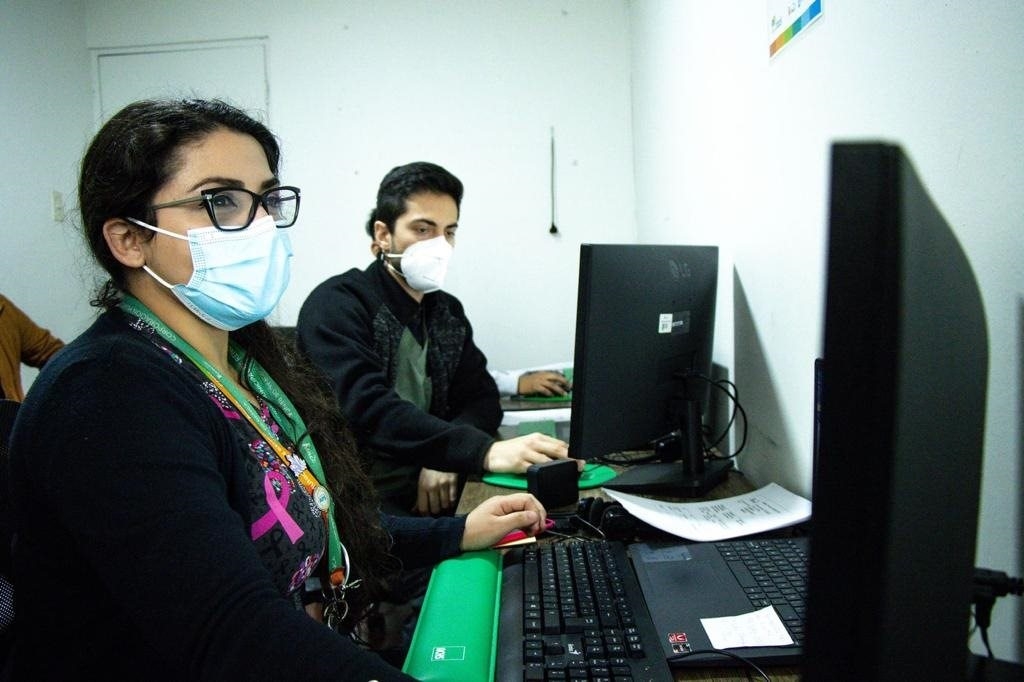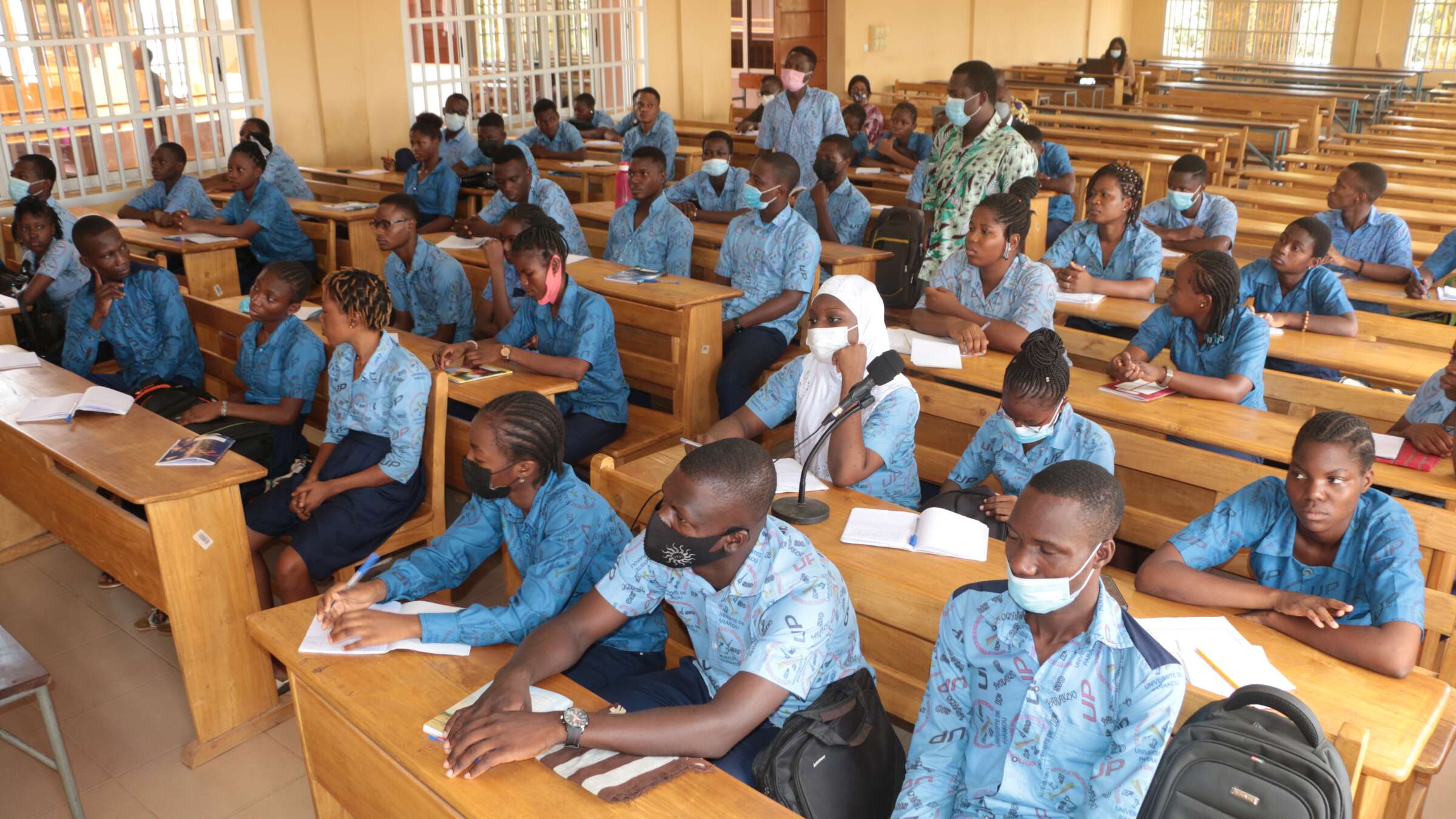.jpg?sfvrsn=ae8a7d6f_7)
INVESTMENT ROUND: IMPACT STORY
Oman integrates early childhood development into the health strategy
WHO supports Oman to invest in early childhood development and build a healthier society

Practicum sessions on enhancing caregiver-child interaction during a care for child development course, October 2022.
15
master trainers trained
22
professionals trained in holistic child development
2022
inauguration of national Care for Child Development course training
The early years are crucial for a child's neural and cognitive development. Oman’s most recent Multiple Indicator Cluster Survey revealed that less than one-third of children aged 3 to 4 years have access to early childhood education.
WHO, in collaboration with the Omani government and other national stakeholders, has in response, integrated early childhood development (ECD) into Oman's health strategy.
Incorporating ECD into the country's existing health strategy, meant leveraging Oman's robust healthcare programmes like the Expanded Programme on Immunization and various maternity and childcare programmes, using them as foundational platforms to embed ECD practices.
Oman is now proactively integrating ECD modules into medical and nursing curricula, investing in further research, and enhancing community awareness about ECD services.
The initiatives are poised to make meaningful improvements in child health, well-being, and educational outcomes. The long-term impact of these developments will be closely monitored and evaluated.
WHO collaboration has led to multi-sectoral partnerships focused on providing high-quality, inclusive ECD services nationwide.
Examples are a Memoranda of Understanding which WHO signed with Sultan Qaboos University to enhance capacities, advance research, and implement evidence-based training on ECD; or The WHO and Al Jisr Foundation collaboration, to adapt training materials for Oman, and the managed logistics for rolling out training nationwide.
WHO provided technical expertise for a strategic roadmap for the nationwide scaling of ECD programmes and conducted the inaugural national Care for Child Development course training in 2022, leading to national master trainers. WHO also coordinated with the Ministry of Social Development to streamline national efforts.
Return on investment
/invest-visual-provide-health.png?sfvrsn=67b0de9_3)
A fully funded WHO will enable the Organization to provide early childhood development services and to provide health and improve access to health services to 5 billion people by 2028.
Strengthening early childhood development services across the health system in Oman is an example of WHO delivering on performing by using its convening power to bring together multi-sectoral partnerships. The work on integrating early childhood development into the health strategy demonstrates equity and improvements to access in child health, contributing to WHO's Fourteenth General Programme of Work (GPW 14), strategic objective 4.2.
Funding the future
WHO’s support to Oman to strengthen early childhood development services wouldn’t have been possible without funding.
To continue to support initiatives like this, WHO needs sustainable financing, that is, predictable, flexible and resilient. This will allow WHO to have the greatest impact where it is needed most. Please support the WHO Investment Round.
/invest-visual-investing.png?sfvrsn=dbf748b9_20)


